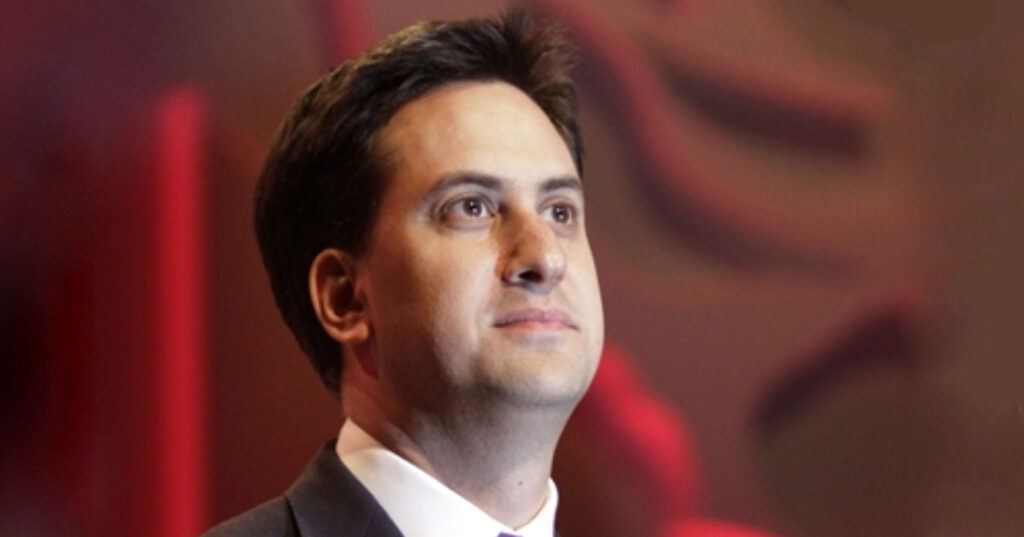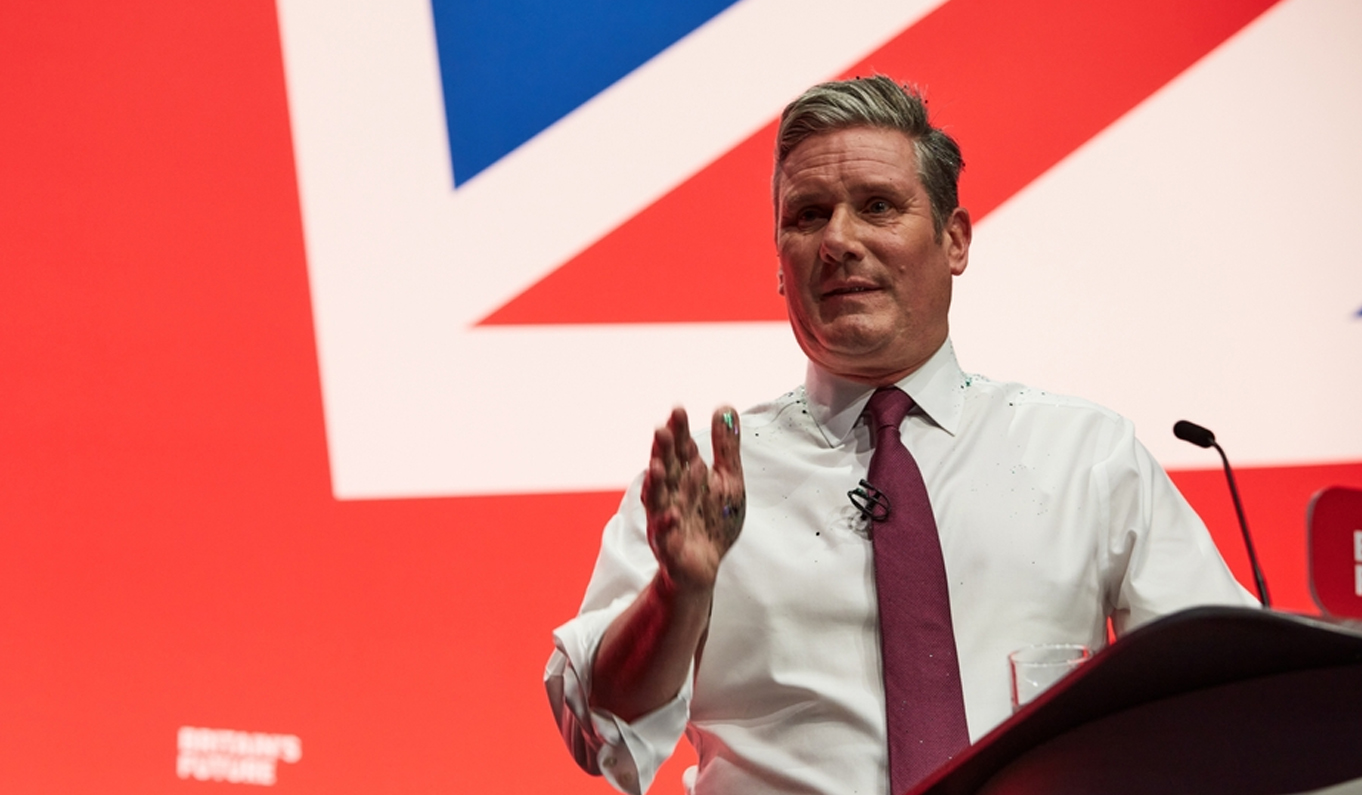
As Ed Miliband returns to work this week after the birth of his son, Conservatives will be wishing his family well – while considering what can be done to ensure the Labour leader’s political fortunes do not prosper.
Two schools of thought are apparently emerging: one, that the Tories should subject Mr Miliband to relentless assault in much the same way as Labour treated William Hague and Iain Duncan Smith; the other, that he is proving so uninspiring that we should leave him alone in the hope that he remains in post indefinitely. Both these arguments make the mistake of assuming that Mr Miliband’s success or failure, and how he is seen by the voters, will be determined by what the Tories choose to say about him.
In Minority Verdict, my account of the 2010 election campaign, I dealt at length with the folly of thinking that a party can, to any effect, tell voters what they should think of their opponents. The public discount to varying degrees practically everything they hear from politicians, never more so than when they are talking about their rivals. When it comes to the qualities of a party or a leader, they can decide for themselves on the evidence of their own eyes and ears.
We should not imagine, then, that it was Labour’s onslaught that made the leaderships of William Hague and Iain Duncan Smith less successful than might have been hoped. The public made up their minds about both, quite early in their respective terms of office, without any help from our opponents. It would be a mistake to believe that we can bring Ed Miliband’s leadership to the same unhappy conclusion simply through the words we use to describe him.
So what do we know about how the public sees the Leader of the Opposition? The polls so far suggest that large numbers of people do not have a view one way or the other. When asked what they thought about the Mr Miliband’s performance for the YouGov/Sunday Times poll published on 21 November, 35 per cent said “don’t know” – more than thought he was doing either well (33 per cent) or badly (31 per cent). The qualitative evidence from my own recent research reinforces this view that he has made little impression.
Given Mr Miliband’s continuing obscurity, two months into his leadership, it would be perverse for the Conservative Party to go out of its way to talk about him. An all-out attack would bring him onto the public’s radar and suggest that we saw him as a serious threat. It is hard enough for an Opposition leader to make himself heard – why help to bring him to public attention? Tory attacks would also help to galvanise and unite what is by all accounts a rather dejected and divided Labour Party. Yet such attacks would certainly fail in their objective of persuading people to accept our view of him (or the view of him that we decided we wanted people to have). Voters’ response to an anti-Miliband barrage would be: “you would say that, wouldn’t you. And anyway, haven’t you got better things to do with your time, like fix the economy?”
It is precisely on this territory that the contrast can be drawn between the Conservative-led coalition and Labour. A pre-emptive strike would be counterproductive, but when challenged by the Opposition we can make a legitimate argument that goes with the grain of public sentiment, both on the big issue of the day and on Labour’s current irrelevance. It also has the virtue of being true: The government is doing its best to bring down the deficit and get the economy back on track. That means making some tough decisions, but unfortunately Labour don’t seem to understand that there is even a problem. Mr Miliband said that he would not simply oppose every cut, but so far that is exactly what he has done. We look forward to him making a positive contribution – but he won’t be able to do so until Labour face up to reality. Meanwhile, we are getting on with the job.



